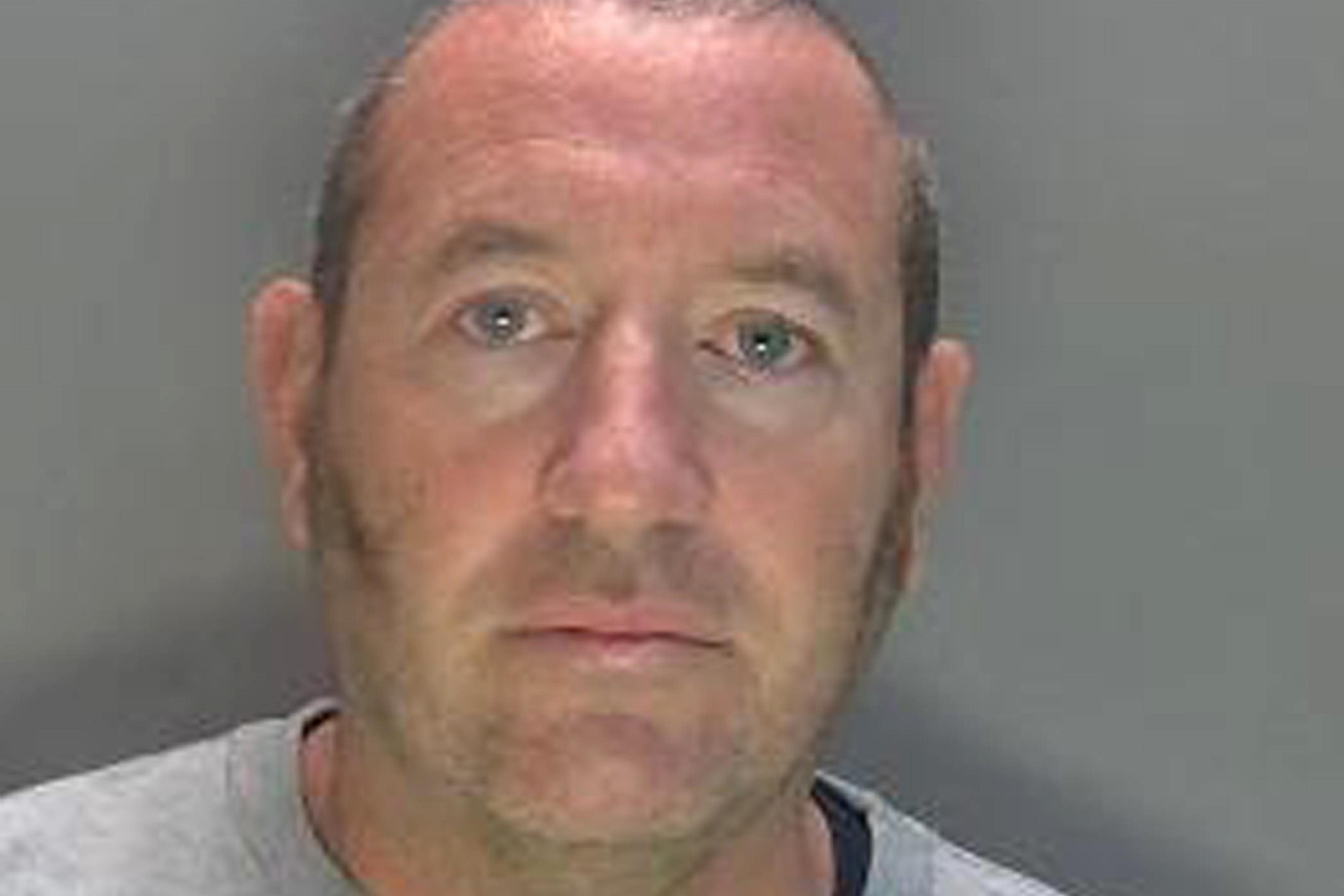Police need to ‘close the gaps’ that let officers commit crimes without forces finding out, chief says
‘I could be arrested and nobody but me would know I am the police,’ chief constable warns


Police need to “close the gaps” that leave officers able to commit crimes without their forces finding out, a senior officer has said.
British Transport Police (BTP) chief constable Lucy D'Orsi warned that without change, current systems can let predators like serial rapist David Carrick “fall through the cracks and go on to do harm”.
“If I was to commit a crime, get arrested and give my details, there is no obvious system check that would flag that I’m a police officer if I didn’t choose to tell them,” she wrote on her force’s website. “In my view this is a priority issue for our attention.”
Ms D'Orsi, who was in the Metropolitan Police for 29 years before taking the top post at BTP, said that although fingerprints are taken on arrest and checked against national forensics databases, they are not the same ones used to record details of police officers and staff.
“Even though I’ve provided my biometric samples to the police (my employer), the datasets are not run together to identify a match,” she explained. “As it stands today, I could be arrested by the police and nobody but me would know I am the police.”
Carrick was involved in at least nine police incidents while serving as an officer, including violent domestic abuse, but the regional forces who responded did not report all of them to Scotland Yard and when they did, it decided he had “no case to answer” for misconduct and let him remain in uniform.
Ms D’Orsi said the case had left her lying “awake at night” working out how systems can be changed, causing her to write a letter to the government calling for changes meaning that if any police officers and staff come to police attention themselves, “the right people must be alerted immediately”.
“It’s about time we understood and closed the gaps,” she added. “It’s what the public expect, and I don’t think we need to await a review to tell us that.”
The Independent Office for Police Conduct (IOPC) said it would welcome the introduction of any measures that would ensure serving police officers are identified if they are arrested or accused of a crime.
“This could serve as an early warning system to forces and help to identify concerning patterns of behaviour,” a spokesperson told The Independent.
“We made recommendations to forces last year following a joint investigation into a super-complaint about the way police forces deal with allegations of domestic abuse against their own officers and staff.
“The investigation found misconduct investigations are not always being carried out when they should be or conducted appropriately. All allegations of domestic abuse offences against police officers and staff should be reviewed and usually investigated by the force’s professional standards department.”

Several new reviews have been triggered by the Carrick case, with all police forces ordered to search their databases for any serving officers and staff who have been accused of domestic abuse or sexual offences in the past.
A public inquiry originally sparked by the murder of Sarah Everard will be widened to include Carrick and the home secretary has announced a separate review of police disciplinary processes.
It will assess calls by Metropolitan Police commissioner Sir Mark Rowley for police to have more discretion over sacking officers, amid allegations the current process too often leaves those unfit to wear the uniform in service.
Several police chiefs have spoken of their anger, with Humberside chief constable, Lee Freeman, calling this “one of the darkest weeks for policing that I have known”.
He said upstanding officers must be “active guardians of our culture and behaviours”, warning: “I feel that the case of Carrick, along with other prominent cases that regrettably precede it, means police legitimacy is hanging by a thread.”
The head of Scotland’s police force, Sir Iain Livingstone, also spoke out following Carrick’s exposure, saying police need to “earn” the trust of the public.
Join our commenting forum
Join thought-provoking conversations, follow other Independent readers and see their replies
Comments


Bookmark popover
Removed from bookmarks